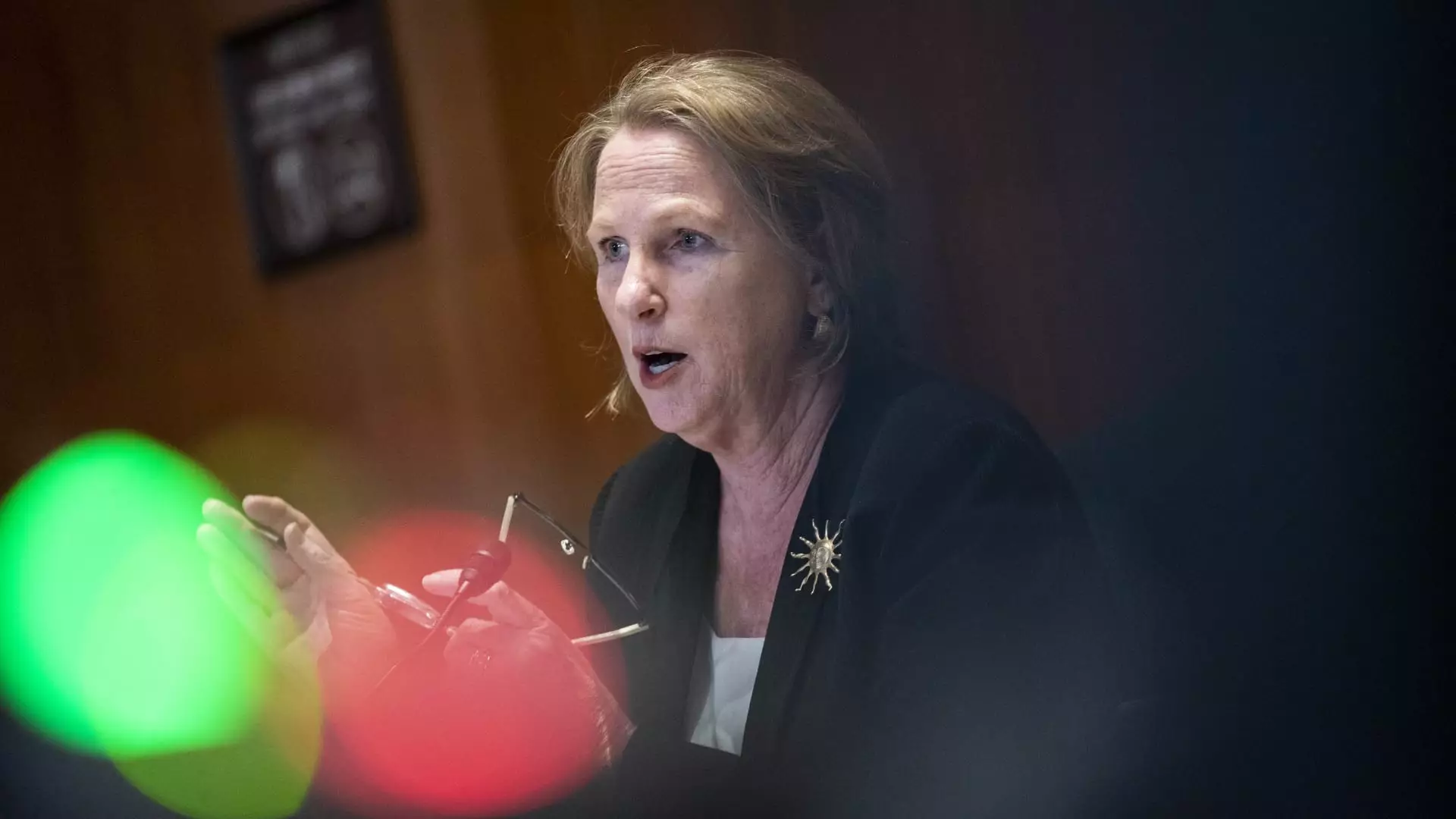As the Internal Revenue Service (IRS) grapples with increased scrutiny from a Republican-led Congress, a noteworthy revelation has surfaced from the National Taxpayer Advocate. Erin Collins, the current advocate, presented her annual report in which she highlighted a concerning trend: the disproportionate allocation of funds between taxpayer services and enforcement measures. The report points to a glaring imbalance, especially in the context of the $78.9 billion earmarked in the Inflation Reduction Act (IRA). While billions are directed toward enforcement efforts—58% of the budget—it starkly contrasts with the meager 4% allocated for taxpayer services. This discrepancy raises critical questions about the priorities of federal tax policy, considering the vital need for enhancing taxpayer experiences.
The allocation of funds has profound implications for how taxpayers interact with the IRS. Collins argues persuasively that increased investment in taxpayer services and technology modernization could significantly improve not only the fairness of taxpayer experiences but also compliance rates. When taxpayers encounter efficient, user-friendly services, they are more likely to file accurately and on time, potentially diminishing the necessity for extensive enforcement actions. This shift could save the federal government considerable resources in backend enforcement costs. However, the ongoing underfunding of these services may risk alienating the very taxpayers that the IRS relies upon for revenue generation.
The report appears to reflect growing bipartisan sentiments surrounding the need to bolster taxpayer services, even as enforcement provisions face partisan controversies. Collins points out that while enforcement funding may attract criticism, there exists strong support across party lines for enhancing taxpayer services and technology modernization. This consensus may serve as a rallying point in discussions about future funding decisions. It indicates an opportunity for lawmakers to reconsider their funding priorities in light of the IRS’s operational necessities and the increasingly digital nature of tax compliance.
Potential Consequences of Further Cuts
Given the existing funding cuts—$20 billion rescinded in a past budget deal and another $20 billion automatically clawed back—any additional reductions could cripple the IRS’s efforts to provide adequate services and support. Collins warns that if Congress moves to curtail enforcement funding, it must be careful not to impose equivalent reductions on taxpayer services and technology initiatives. Such actions could inadvertently lead to detrimental outcomes, undermining the fundamental goal of a tax system that is equitable and efficient for all Americans.
As the IRS prepares to navigate a landscape potentially shaped by further Republican funding cuts in 2025, the findings from Collins’s report present a clarion call for a more measured approach. The agency’s ability to adapt and serve taxpayers hinges on lawmakers’ willingness to prioritize funding where it is most impactful. There is indeed an imperative for enhancing taxpayer services and modernizing technology. Emphasizing these areas will not only promote better taxpayer experiences but can also ensure the overall efficiency of the federal tax collection system, safeguarding against future funding crises. As discussions continue, the IRS’s fate remains entwined with congressional funding priorities—a reality that could define the tax landscape for years to come.


Leave a Reply